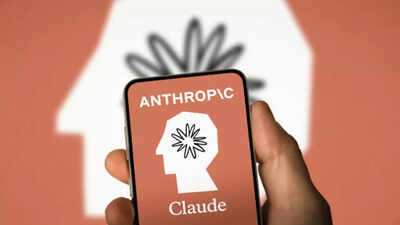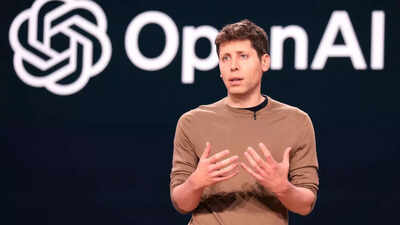
In a significant development for AI in biomedical research, Google’s C2S-Scale 27B foundation model, developed in collaboration with Yale University and based on the Gemma framework, has successfully generated a novel hypothesis about cancer cell behaviour. This hypothesis was later experimentally validated in living human cells, marking an important step forward in the integration of artificial intelligence with laboratory science.Google CEO Sundar Pichai hailed the development as a major advance in the partnership between AI and laboratory science. He emphasised that the discovery could guide future preclinical and clinical research, potentially revealing new pathways for cancer therapy.
How Google AI is decoding cancer through cellular language
At the core of this achievement is the C2S-Scale 27B model’s exceptional capacity to “understand” biology. The AI system was trained on over one billion single-cell profiles and transforms raw molecular data into what researchers call “cell sentences.” With this approach, the AI can interpret cellular communication and context, essentially learning the “language” of cells.As biotech entrepreneur Bryan Johnson explained, the model “listened” to what cells were signalling and produced a hypothesis that real biological experiments later confirmed. This fluency in cellular patterns marks a turning point for AI’s role in biomedical discovery, enabling it to reason about complex systems and propose new ideas rather than simply summarising existing knowledge.
Discovery of a potential cancer therapy pathway
The C2S-Scale 27B model produced a hypothesis suggesting that the drug silmitasertib could significantly boost antigen presentation in cancer cells by almost 50% under conditions of low interferon. Antigen presentation is the process by which tumour cells display fragments of abnormal proteins on their surface, signalling the immune system to recognise and attack them. By enhancing this mechanism, silmitasertib could make previously “invisible” tumours detectable to immune cells, strengthening the body’s own ability to fight cancer.Experiments conducted in human cell models confirmed the AI’s prediction. This finding is particularly promising for tackling “cold tumours,” a type of cancer known for bypassing immune detection and resisting conventional therapies. If these results are validated in further preclinical and clinical studies, they could open the door to new immunotherapy approaches, offering fresh hope for patients with cancers that are notoriously difficult to treat.
Transforming scientific discovery
This milestone represents a turning point in how AI can contribute to medical research. Rather than merely analysing existing datasets, AI systems like C2S-Scale 27B are now capable of generating entirely new scientific hypotheses, bridging the gap between computational prediction and experimental validation. Researchers emphasise that extensive preclinical and clinical testing is still essential before these AI-driven insights can translate into viable treatments for patients.Even so, this achievement demonstrates the transformative potential of AI as a true partner in science, capable of accelerating discovery, sparking innovation, and guiding research in ways that were previously unimaginable.
Open access for global collaboration
In an effort to democratise cutting-edge biomedical research, Google has made the C2S-Scale model publicly available on platforms such as Hugging Face and GitHub. This transparency allows scientists worldwide to explore the model’s capabilities, test its predictions, and build upon its foundation.






